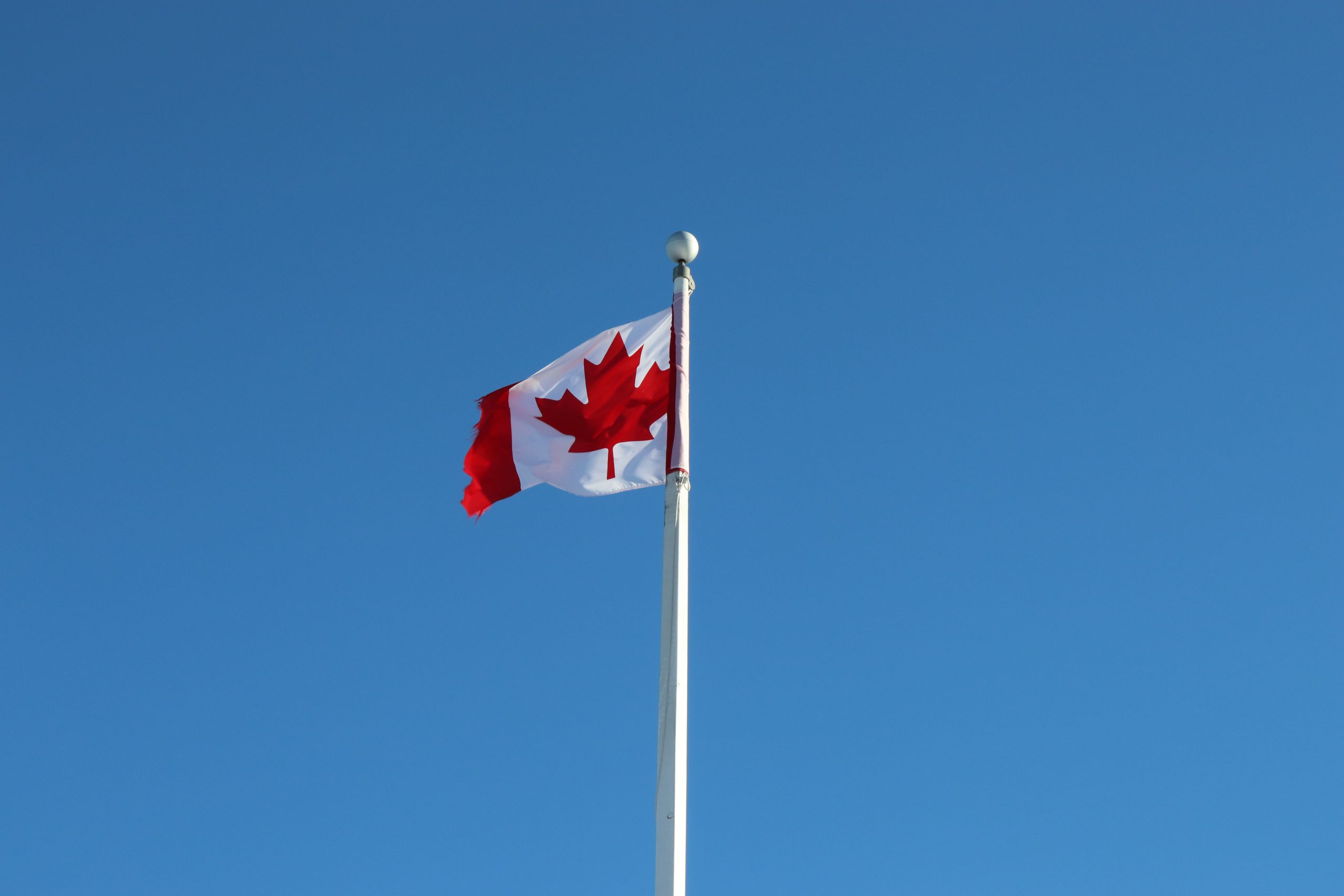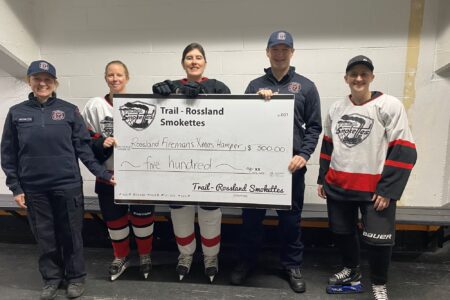Editorial: Democracy 101 -- What can we expect from a Member of Parliament?
The federal election will be here before we know it.
One of our riding’s candidates in the upcoming federal election is finding that quite a few people don’t have even a rudimentary understanding of the fact that our different levels of government are responsible for different things, or what those things are.
“Someone asked me, if I was elected, would I put a stop to the school closures, and make sure his community had adequate emergency medical care in place.”
That could be a question for a candidate in a provincial election – but not a federal one. Provinces are responsible for hospitals, education and school boards. The federal government is not responsible for those things, and a Member of Parliament cannot stick his or her nose into the province’s handling of them.
If we want to ask our candidates questions, we should at least know what elements of our governance they can attempt to influence. That’s what any individual Member of Parliament can do, anyway – attempt to influence. And cast a vote on questions. And report back to constituents, and hear our concerns.
So what IS the federal government’s responsibility?
There’s a long list, and you might find it pretty boring.
In Canada, the federal government is responsible for banking, copyright, naturalization, criminal law, federal penitentiaries, navigation, the postal service, currency, emergency powers, trade and commerce, direct and indirect taxation for federal purposes, foreign affairs, offshore mineral rights, aeronautics, radio and TV, Indigenous affairs and reserves, marriage and divorce, unemployment insurance, nuclear energy, and various other matters.
Our provincial government is responsible for another long list of matters, including (as mentioned above) education and hospitals, property and civil rights, direct taxation for provincial purposes, municipalities, the celebration of marriage, the administration of justice, natural resources, and much more …
The provinces and the federal government share some areas of responsibility, including agriculture, fisheries, immigration, and old-age pensions and supplementary benefits.
You may have noticed that some of the areas of responsibility seem closely related: the federal government is responsible for criminal law, but the provinces are responsible for “administering justice” – in other words, the court system in each province, but not Federal Court or the Supreme Court of Canada; those fall under the federal government. And, while the federal government is responsible for “marriage and divorce,” the provinces are responsible for “property and civil rights” which are generally at issue when a couple divorces. The federal government’s Divorce Act applies to obtaining a divorce, but provincial law applies to determine the division of assets between a divorcing couple.
It was Canada’s federal government that amended the “Civil Marriage Act” in 2013 to make same-sex marriage legal throughout Canada.
If abortion is your hot-button issue, you are probably aware that Canada de-criminalized abortion in 1988, and there is now no specific law restricting access to abortions. Legally, abortion is a medical matter to be decided between a woman and her doctor. In practice, women in many areas of Canada cannot easily access the necessary medical services.
At present, the major political parties in Canada have stated that they have no intention of re-opening the debate on abortion, or changing the law. So challenging a candidate for election on the topic is not likely to be very useful.
What questions are likely to be useful?
Given that the climate crisis is looming, questions about the candidate’s understanding of what’s causing the crisis, why it’s a crisis, what effects the climate crisis is likely to have on food supply and prices, and what the candidate’s party plans to do to slow our effects on climate, might all be a good start. We might also ask questions about the evident influence of large corporations over the decisions of the federal government, and whether the candidate approves of that influence, and if not, how they might attempt to counter it – or expose it.
To better understand what the candidates in our riding really stand for, we can read the platforms of their parties; see the links below.
The People’s Party, headed by Maxime Bernier, has a candidate in our riding: Sergio Zanatta, a forestry worker. Find the People’s Party platform at this link:
https://www.peoplespartyofcanada.ca/platform
The Conservative Party of Canada, with Andrew Scheer as its leader, offers candidate Helena Konanz, whose background includes retail and serving as a Penticton City Council member. The Conservative Party website doesn’t seem to include a platform document, but can be perused at this link:
The Liberal Party of Canada, and its leader and current Prime Minister Justin Trudeau, has candidate Connie Denesiuk in our riding, and also has a website without any clearly accessible platform document:
The Green Party of Canada, and leader Elizabeth May, with local candidate Tara Howse, have a comprehensive and detailed 44-page platform document at this link:
https://www.greenparty.ca/sites/default/files/platform_english_web.pdf
The Green Party website is separate, at https://www.greenparty.ca/en
The New Democratic Party of Canada, led by Jagmeet Singh, and represented by incumbent MP Richard Cannings, has a website with a section labeled “Commitments” which presents the party’s platform, at this link:
https://www.ndp.ca/commitments
As voters, we ought to know what we’re voting on. Please! – Don’t just make assumptions about the parties – see for yourself; study those platforms and talk about the issues with your neighbours. Attend candidates’ forums and hear what the candidates have to say about their parties’ platforms.
Oh, and please do understand that whoever we elect will probably not have the ability to single-handedly change federal policy on anything. It’s only the party that gets a majority of MPs elected that can do that … and as we know, the party that gets the most people elected is not necessarily the party that gets the most votes. But carry on, please — read up, and prepare to vote.
That’s our responsibility in the grand scheme of governance.
























